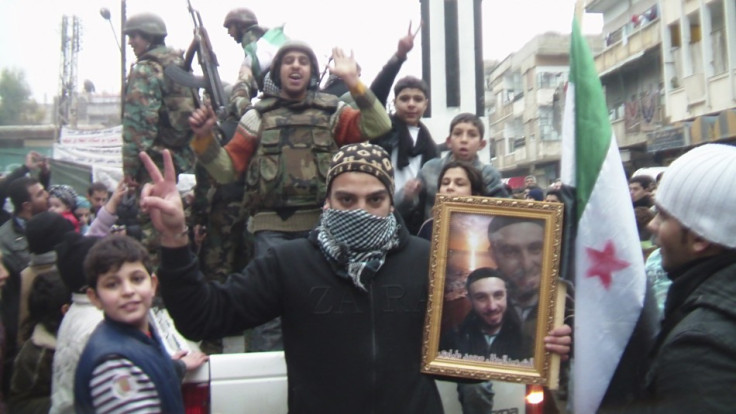Syria: 'Assad Has Lost Control of Half the Country'

Pressure is mounting on Syrian president Bashar al-Assad as the opposition claims to be in control of half of the country, amid claimsAssad has split military responsibilities in a bid to keep the regime together.
Colonel Riyad al-Asaad the commander of the Free Syrian Army (FSA), a group made-up of Syrian army defectors, said the FSA is now in control of 50 percent of the country's territories.
The rebel army, which says it now has over 25,000 deserters fighting on its side, also claimed it has refrained from gaining further territories as it fears an even bloodier crackdown by the regime in a bid to suppress the rebellion.
Opposition sources have also said that Assad has decided to split the responsibilities between its top army officers. Chief of Staff Lieutenant-General Daoud Rajha, had until now been in charge of dealing with the crisis.
Reports say that former defence Minister Hassan Turkmani, will now be responsible for military operations, while General Jamil al-Hassan will be in charge of arresting dissidents who organise anti-regime demonstrations.
Assad's nephews, Rami Makhlouf and Hani Maklouf will reportedly be in charge of the logistics.
His brother Maher and brother in-law Assef Shawqat have also allegedly been charged with keeping a close eye on the officials working for the regime as well as their families to prevent further defections.
Despite defections, high-ranked members of the military and officials from the government have until now remained largely loyal to Assad.
However after 11 months of violence and anti-regime protests, doubts over Assad's ability to recover from the uprising and continue to lead Syria are increasing by the day.
The reports come Western powers and Arab states continued to push for a draft UN resolution against Syria, a move harshly criticised by Russia.
© Copyright IBTimes 2025. All rights reserved.




















